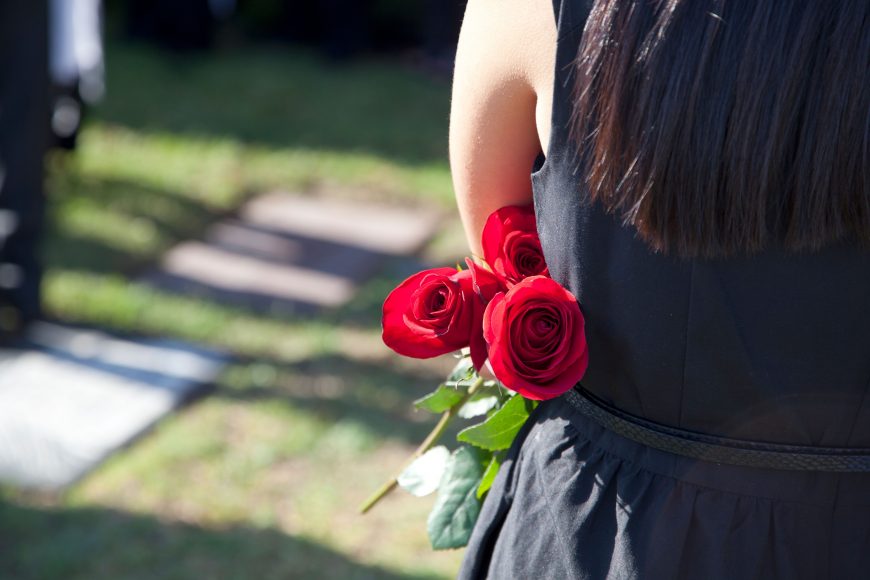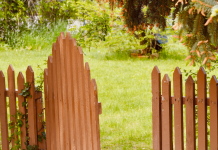How do kids process death and grieving?
Certain conversations that we have with our children throughout the course of their lives will not be easy. We all know about the birds and the bees conversation and working them through bullying and broken relationships. Another conversation that isn’t quite so easy is talking to them about death and loss. Loss is something that we all deal with at some point in our lives. We can’t avoid mourning people that we care about unless we simply go first.
Kids will process death at their own level. My daughter is seven, and in those short seven years, I have seen her process death in a few different ways depending on her age and the situation. When she was 3, we lost a family friend. On our drive to the funeral, she was pretending to talk on her play phone, and we heard her say, “Yeah, he died, but it’s okay because he’s in heaven.” It was black and white in her mind, and everything was fine.
A few weeks after she finished Kindergarten, one of her best friend’s dad passed away in an accident. It was devastating for our small town. We are a close-knit community. This was a hard situation to explain to her because we had lost a friend, and her best buddy had lost her dad. My husband and I explained the situation while holding back tears. She was a bit confused at first but slowly understood more. She also had to learn how to support her friend at 6-years-old. Honestly, I think she did just about as good as we did with processing, grieving, and supporting our friends in this loss.
A couple of weeks ago, I had a family member pass away. My mom and I took all three of my kids to the visitation. Now, at seven, Zoe is very well behaved at visitations. She looks forward to seeing the pictures that celebrate the life of the deceased, but she also knows to be respectful and even helps with her brothers. I was so proud of her when we were there.

All that to say, I’ve learned a few things when it comes to talking to your kids about death and grieving:
- They’ll process the death on their own level. Death generally isn’t too complicated for them.
- Let them ask questions and be honest. If you don’t know the answer to the question, just tell them you don’t know. It’s good for them to know that even adults don’t know all the answers when it comes to loss and grief.
- Open caskets generally don’t bother them. Let them take the lead. My 4-year-old son will walk past it and not get too close. He’s a little suspect but doesn’t say he’s scared or have nightmares.
- Kids can read your emotions. This is a good thing. I had a significant loss in my life when my daughter was 14 months old. Over the following months, she became more cuddly and would pat my back when she hugged me. She knew I needed that extra love. It is good for kids to see you grieving because then they will grow up knowing that grief and loss are sad and hard sometimes and it’s okay to have big feelings about them.

Death and loss are difficult parts of life, kids are not immune to this any more than we are as adults. Our job is to simply walk with them through the valleys of grief and do our best to support them in any way we can.











Our 25yr old daughter Molly passed from metastatic brain cancer on July 23, 2015. We are raising our grandson for her. He turned 7,
July 25, 2015, two days after his mommy passed.
He is now 13 and will not talk about her nor visit her grave with us. We did not have a viewing, but had full Catholic mass. There was standing room only in the church. He was devastated and cried out loud thru mass. I always tell him good things about her and how much she wanted to live for him. He has the same exact mannerisms and exactly like her in all ways. I don’t know how else to help him.
Comments are closed.